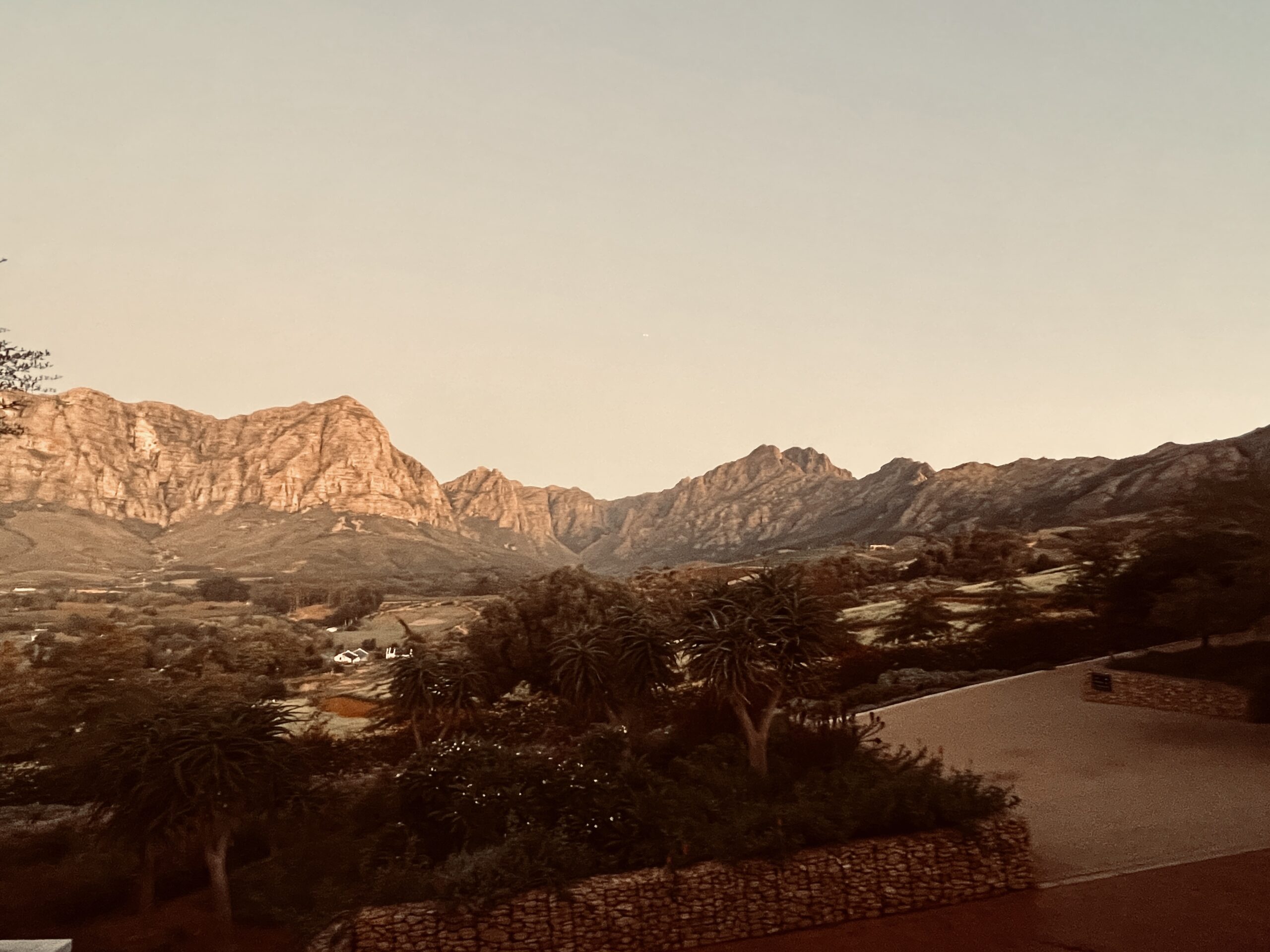
The post-apartheid era has enabled South Africa’s wine industry to evolve, embracing diversity, sustainability, and excellence. With a renewed spirit of inclusion, South African wines are gaining global recognition and achieving a reputation as producers of high-quality, unique, and innovative wines. This positive transformation is not only an achievement for the industry but also a reflection of the broader societal changes that have taken place in South Africa since the end of apartheid.
Apartheid, a system of institutionalized racial segregation and discrimination, had profound effects on South Africa’s wine industry. During this period, strict racial laws and practices were enforced, limiting opportunities for non-white communities in the wine industry. Many non-white South Africans were excluded from owning land, including vineyards, and participating in winemaking. This exclusion hindered the industry’s growth and diversity.
The end of apartheid in 1994 marked a significant turning point for South Africa, and the wine industry underwent a transformation, driven by a commitment to inclusivity and a desire to reclaim its reputation on the global stage. Since then, positive changes have revitalized the local wine scene:
- Inclusivity: The wine industry has taken strides to become more inclusive, with initiatives to promote diversity and equal opportunities. Many black winemakers and viticulturists have emerged, bringing fresh perspectives and innovation to the industry. Today, South African wine culture is characterized by a rich tapestry of voices and backgrounds.
- Land Ownership: Post-apartheid, the government initiated land reform programs, which included the transfer of land ownership. This has allowed previously marginalized communities to become stakeholders in the wine industry, owning vineyards and participating in winemaking.
- Fair Labor Practices: The wine industry has made efforts to improve labor conditions for vineyard workers. Fair labor practices and a focus on worker welfare have become central to the industry’s ethos.
- Quality and Innovation: South African winemakers have placed an emphasis on quality, showcasing their commitment to producing premium wines. There has been a renewed focus on varietal selection and innovative winemaking techniques, resulting in wines that stand out on the global stage.
- Sustainable Practices: The local wine scene has embraced sustainable and environmentally responsible practices. Many vineyards have adopted sustainable farming methods, and organic and biodynamic wines are gaining popularity.
- Global Recognition: South African wines have received international acclaim, with many wineries earning awards and recognition for their exceptional products. The industry’s focus on quality and terroir-driven wines has played a pivotal role in this success.
- Wine Tourism: The South African wine landscape has witnessed a growth in wine tourism. Visitors from around the world now come to experience not only the excellent wines but also the stunning vineyard landscapes and warm hospitality offered by the country’s wineries.
- Export Success: South African wines have become sought-after exports, with markets in the United States, Europe, and Asia displaying a growing interest in South African wine.
- Heritage and Culture: The industry has also celebrated and embraced its unique cultural heritage, showcasing local traditions and culinary experiences that enrich the overall wine-tasting experience.
The post-apartheid era has enabled South Africa’s wine industry to evolve, embracing diversity, sustainability, and excellence. With a renewed spirit of inclusion, South African wines are gaining global recognition and achieving a reputation as producers of high-quality, unique, and innovative wines. This positive transformation is not only an achievement for the industry but also a reflection of the broader societal changes that have taken place in South Africa since the end of apartheid.
One Comment
Comments are closed.



[…] To read on, see our Apartheid blog post here […]